Airbus, Indra, Navantia, SBS and Tecnobit demand that the increase in the Defence budget should revert to the national industry
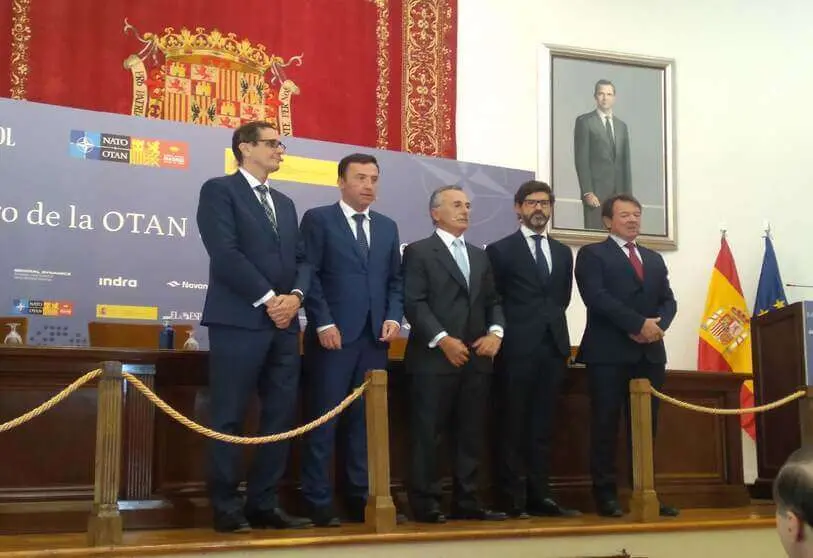
A few weeks ago, the president of the PSOE-Unidas Podemos coalition government, Pedro Sánchez, informed the Spanish people and his NATO partners gathered at the Madrid summit that he is willing to increase Spain's defence budget "to around 2% of gross domestic product (GDP) by 2029".
Clearly, doubling the state's allocation to preserve its perimeter security framework and deterrence capabilities cannot be done from one year to the next. Jumping from a budget environment of 1 to 2 per cent, that is, from a consolidated volume of 11,338 million euros in the 2022 financial year to more than 22,600 million euros in 2029, requires reordering plans and updating the list of priorities already in place in the ministry and the Defence Staff.
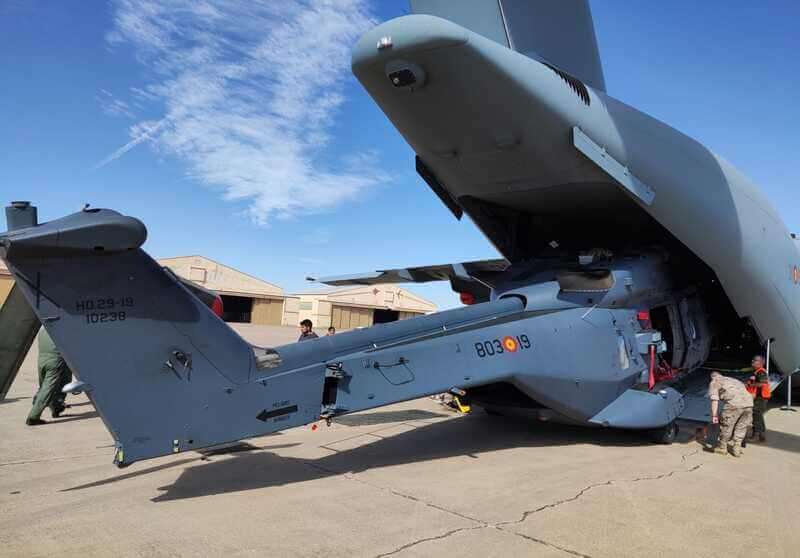
This is what the companies are calling for, as they must align their production and R&D&I structures to make a significant part of the capabilities demanded by the Spanish Armed Forces a reality. As relevant players in the technological and industrial base of defence, five senior executives from Airbus Helicopters España, Indra, Navantia, Santa Barbará Sistemas and Tecnobit took part in a round table discussion on the contribution of national industry to the future of NATO. They all agree that "increasing the defence budget to 2% of GDP is all very well, but ...".
... But, from their perspective, "what matters is that this increase should be invested in Spain's high-tech dual-use industry". These are the words of Lluís Furnells, executive president of Tecnobit, a company which, like the other four mentioned, is involved in numerous national and international defence, aeronautics, space and security programmes, and whose products are in service in different countries.
Furnells' reflection, repeated in one way or another by the rest of the business leaders, is a wake-up call to the Ministry of Defence headed by Margarita Robles and her new Secretary of State, Amparo Valcarce, the latter in charge of directing the department's armament and industrial innovation policy.
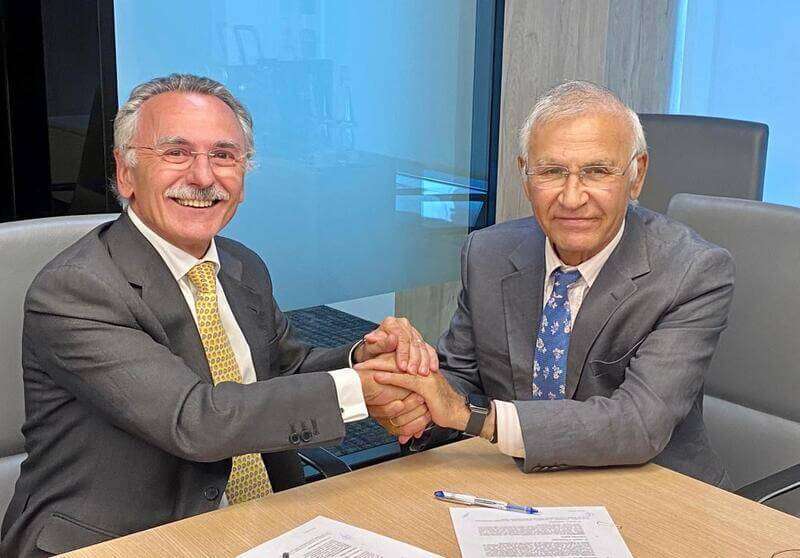
"Today we play an important role in European industry. But if Spain wants to continue to play this role, "we have to strengthen our defence sector", says the president of Tecnobit. From his knowledge of the sector, a high-tech industry "cannot be improvised and requires programming", which is what he demands.
His claim is that an important part of the 2% of GDP "should be used to consolidate and develop technological capabilities". In this way, the industrial fabric is intended to "contribute to strengthening national sovereignty, with a clear impact on European strategic sovereignty". In this sense, Tecnobit has just expanded its capabilities with the purchase of the satellite terminal company Inster, which multiplies its sphere of competence in open and encrypted communications.
Fernando Lombo, CEO of Airbus Helicopters España, agrees with Furnells' approach. As national head of the European corporation's rotary-wing aircraft manufacturing line, Lombo is well aware that military programmes "are long maturing, they have to be planned in advance and, if there is a budget increase, we should start by defining what developments we have to start undertaking".

This is also emphasised by the president of the state shipyard Navantia, Ricardo Domínguez, who has no doubts that the increase in defence investment "must result in the development of the economy and employment in Spain". He warns that in recent years, acquisitions and the maintenance of national platforms and equipment have suffered "a lot of sawtooths". This and the fact of not knowing the path to follow has generated "instability and made it very difficult to invest in R&D&I". Therefore, the current moment requires "economic stability to be able to face new challenges", he concludes.
From the perspective of the general manager of the Defence and Security market of the Spanish technology multinational Indra, Manuel Escalante, it is clear that the progressive increase to 2% of GDP in Defence will lead to a domestic market in clear growth and "much more activity" for the national industrial fabric as a whole.
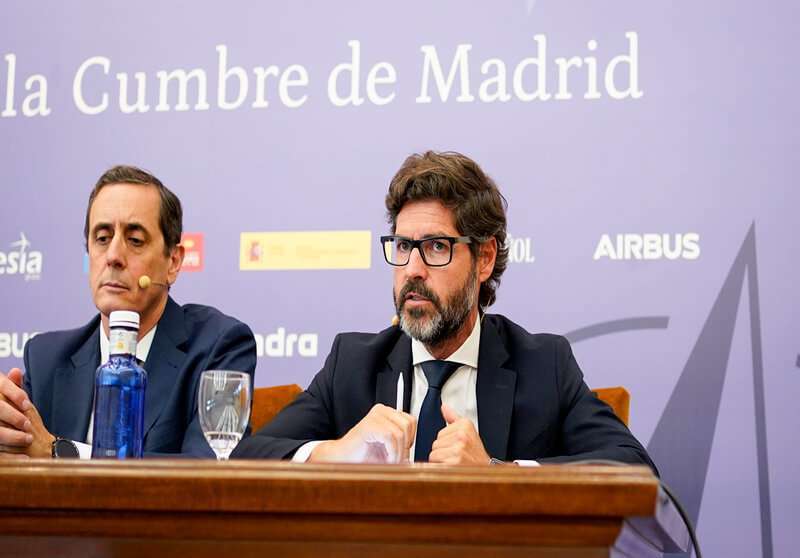
He assures that the Spanish dual-use technology sector is progressing "at cruising speed", that it is demonstrating an agility "above that of other countries" and that it is taking advantage of the opportunities offered by the European Union, which is committed to "developing its own technological advantages, without which there cannot be the longed-for strategic hegemony".
However, "we have a problem of economic resources", which makes it necessary "to know how to choose the programmes, technological developments and the battles we must fight". In addition, the current situation "presents us with a problem of size when it comes to negotiating a relevant position" in the Europe of Defence. Escalante points out that "our French, German and Italian partners are much larger than us". That is why Indra is following a policy of selective purchases and in July acquired Simumak, specialised in advanced simulation, and Mobbeel, dedicated to verifying digital identity.
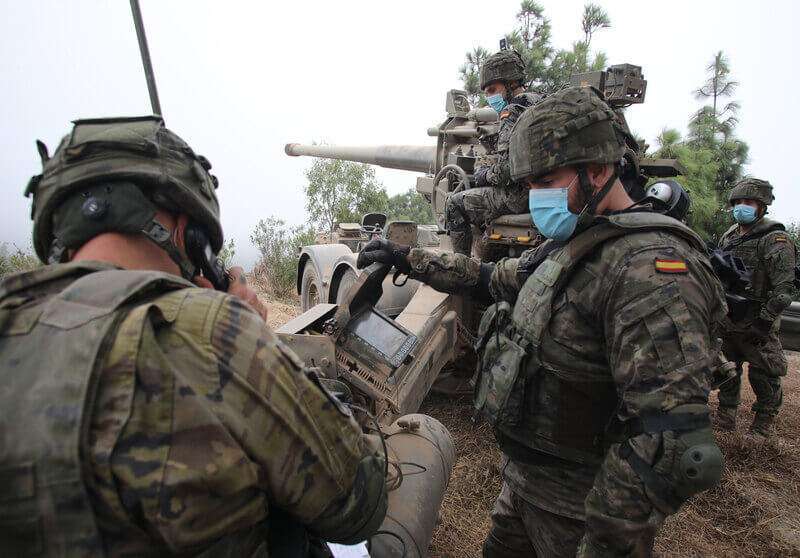
Juan Escriña, general manager of Santa Barbará Sistemas (SBS), the Spanish subsidiary of General Dynamics European Land Systems (GDELS), says he agrees "100% with what my colleagues have said". He points out that the absolute amount derived from 2% of GDP in defence "is nothing, if there is no adequate programming", which should be oriented to a large extent "towards boosting the technological development of the sector".
He stresses that the decisions and plans of the governments of the 1990s have ensured that "we are now in a position to compete at the forefront in Europe and in the world on a level playing field". Spanish technological products "are always at the limit of what is possible", to the point that "we are used to competing, winning and exporting 80% of our sales, which we must continue to do".
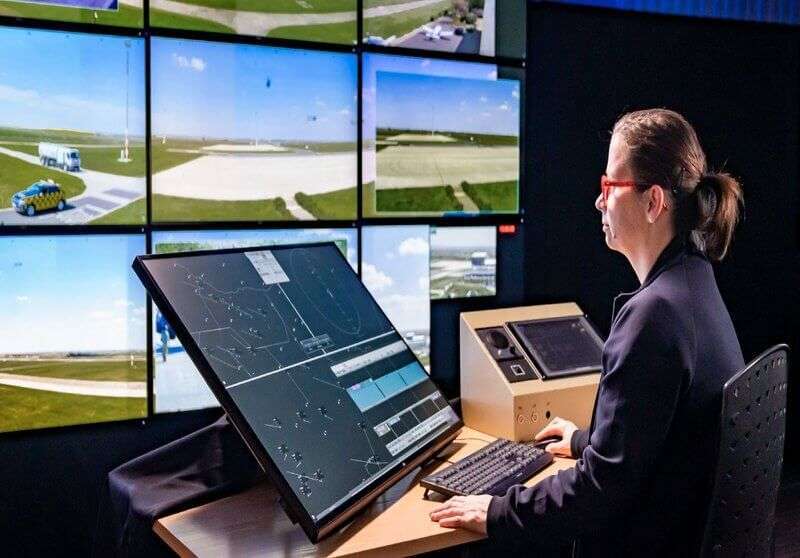
While the aspirations of Spanish industrialists are trying to become a reality, Brussels continues its bid to strengthen the European defence sector. The Commissioner for the Internal Market, the Frenchman Thierry Breton, has just created a new tool endowed with 500 million euros. For two years and retroactively as of 24 February, its objective is to renew the stocks of missiles, artillery and ammunition that European nations have delivered or are going to send to Ukraine to confront Russia.









